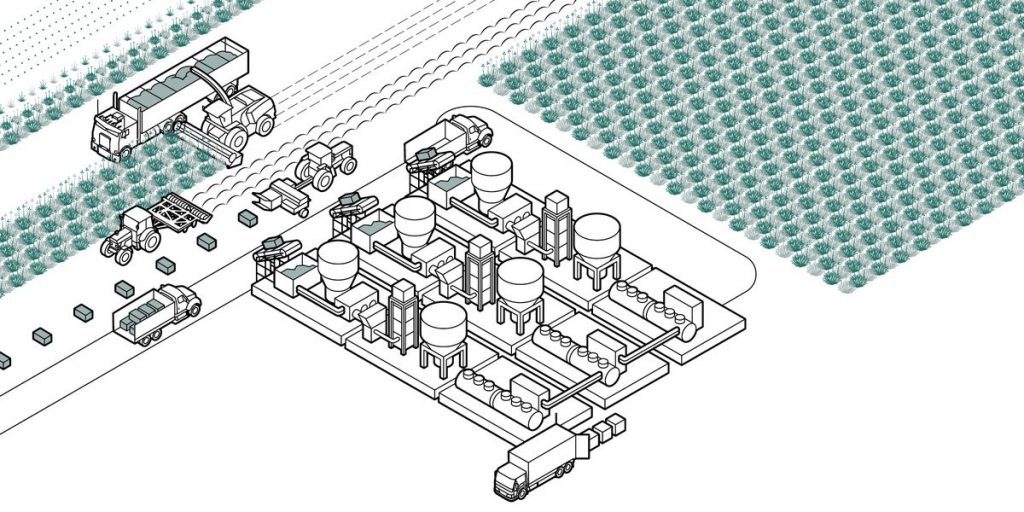This Alternative to Rubber Could Transform How Tires Are Made

From the October 2022 issue of Car and Driver.
Necessity is the mother of invention, although in the case of guayule (pronounced wy-OO-lee) rubber, it’s less a new idea than it is a reconciliation with the family. The Aztecs knew this scrubby desert plant was a source of natural latex, but since the discovery of vulcanization in 1839, rubber production has been primarily centered around the more tropical rubber tree (hevea).
Climate change, supply-chain concerns, and political instability in areas where hevea grows have pushed manufacturers to look for alternative sources. That brought Bridgestone to guayule, which is native to southern parts of Arizona and New Mexico, West Texas, and bordering Mexican states.
The tire company has been researching and studying guayule production on a commercial scale. Now Bridgestone plans to invest another $42 million toward operations to expand the program.
Guayule grown in North America faces no trans-oceanic supply-chain issues, is far less labor-intensive than hevea to grow and harvest, and gives farmers a low-water-use and naturally pest-resistant local crop. That makes it a compelling alternative as water allocations get slashed in the face of climate change, aridification, and a long megadrought cycle, which has dropped lake levels along the Colorado River to historic lows. And since guayule grows in areas too hot and dry for most farming, it doesn’t displace food crops. Bridgestone aims to sell tires with guayule rubber by 2030 and has already started tire testing in that most venerable of laboratories, IndyCar racing.
The Guayule Process
Plant from seed.Water sparingly and control weeds (if any—with low watering, they’re unlikely) for two years as plants mature.Cut flush to the ground. Bale into 750- to 800- pound cubes.Repeat steps 2 and 3 twice more over four years. Then till under buried roots and rotate to a different crop.Grind bales at a biorefinery in a 90-minute closed-loop process.This yields three commercially viable products: hypoallergenic natural rubber, resin (used in coatings, inks, and adhesives), and bagasse (used for biofuels and bio-based chemicals).
This content is imported from OpenWeb. You may be able to find the same content in another format, or you may be able to find more information, at their web site.




